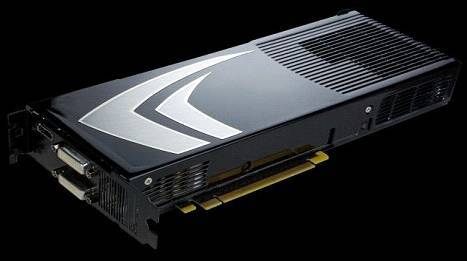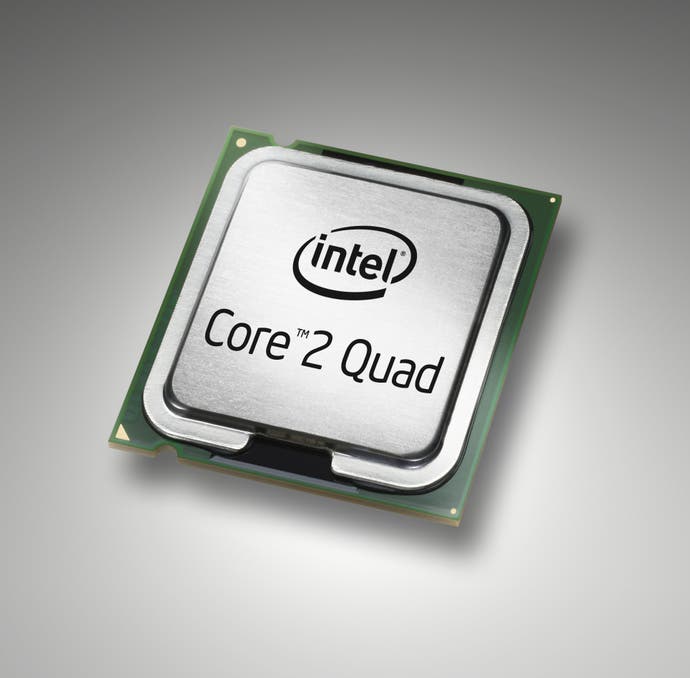NVIDIA's Roy Taylor
On the future of graphics and having a bigger installed-base than consoles.
Graphics chip maker NVIDIA is the closest thing the PC games market has to a platform holder. It may have its dalliances with consoles - it makes the RSX, the chip which powers the PS3's graphics, for example - but the beating heart of the company is the GeForce series of PC graphics cards, which have been the most popular cards among PC gamers for several years.
Never a company to shy away from controversy, in recent years NVIDIA has been outspoken on everything from PC game piracy to what it sees as the damaging behaviour of PC sellers who use integrated graphics chipsets in their machines. Recently, the firm's favourite target has been Intel - whose chips, it claims, aren't as important as graphics cards in terms of system performance.
We caught up with Roy Taylor - the firm's VP of Content Business Development, which basically means he's "head of videogames" - to find out what's in the future for NVIDIA, for the PC market in general, and why we should be holding off on that Quad-Core CPU purchase.
At the same time, we're going to continue to develop SLI - and the reason for that is scalability. The problems which we're solving, in graphics, physics and AI, are all to do with scalability. As a result of that, it doesn't matter how powerful a high-end part we make - you're always going to get an even better experience if you have two of them, three of them and so on. So we're committed to both.

So the first part of the answer is that it's been a very successful product in the enthusiast space. However, I think to answer the question more fully, as we see greater scalability through the increased use of physics and AI in games, the appeal of having two cards is going to broaden. Therefore, I think we'll see SLI breaking out of the enthusiast market, and becoming more mainstream in terms of its adoption.
We do believe however that until now, too much emphasis and money has been spent on sequential or serial processing, and not enough on parallel processing. That's why we've been pushing the Optimised PC platform, which says that if you spend a little bit less on your serial processor, and a little bit more on your parallel processor, you'll have a more balanced PC.
We don't believe that we're in competition - in that we're not trying to get rid of the CPU. We do believe that there ought to be a better spread on the load inside the PC. So, do we consider them a competitor? Right now, no. Do we think that there's justification for a more balanced PC? Yes. That might change in the future, depending on if and when Larrabee [Intel's new GPU, due to appear by the end of this year] ever turns up, but right now, they're not strictly speaking a competitor.


